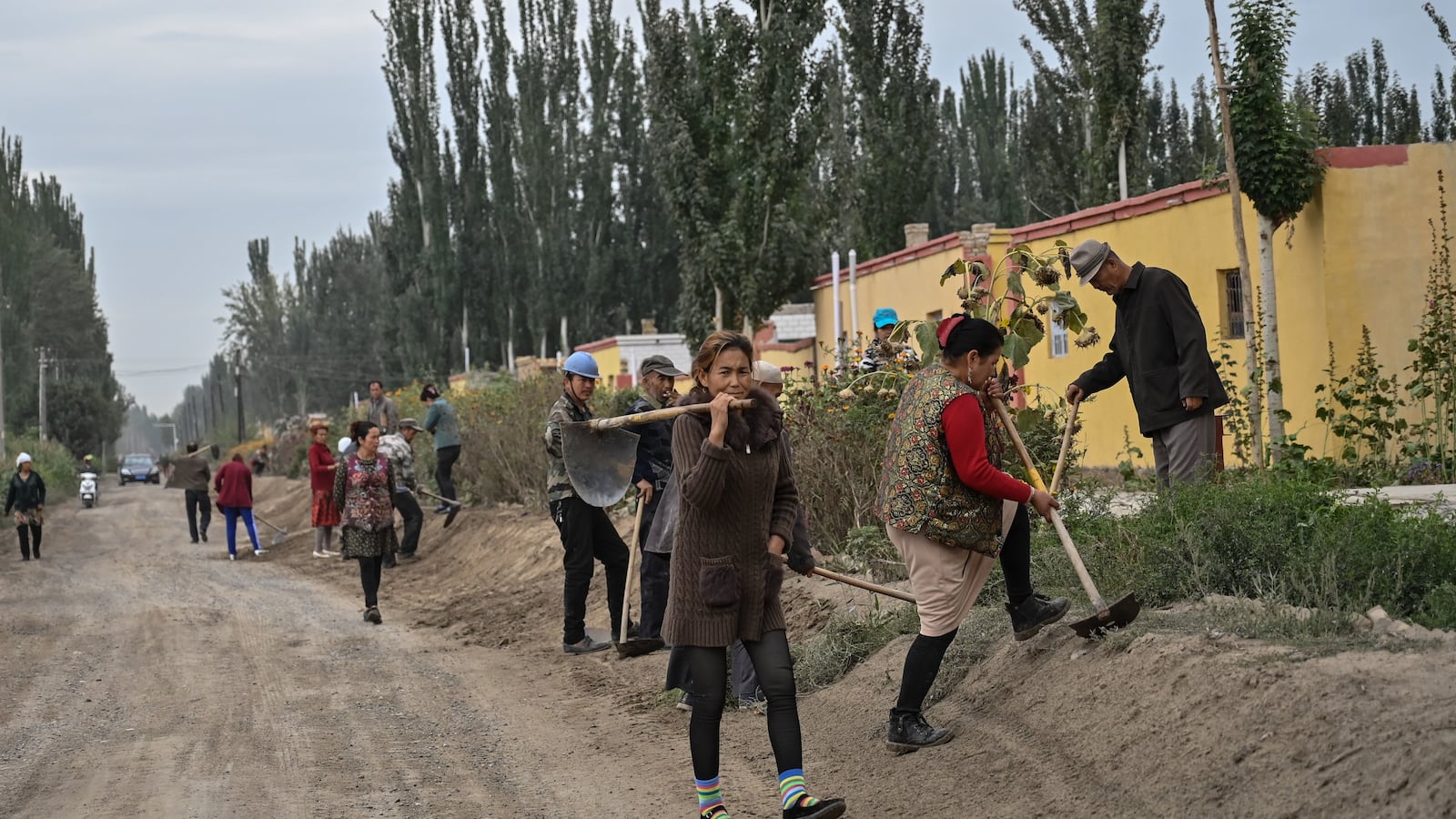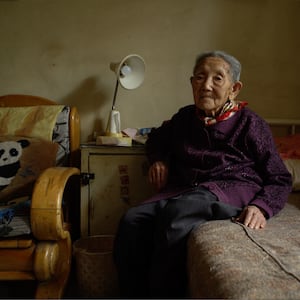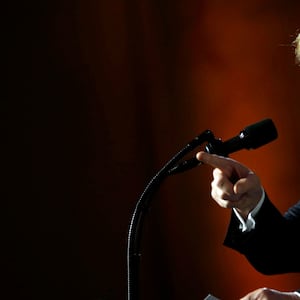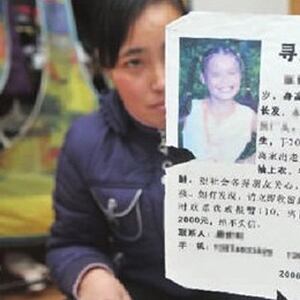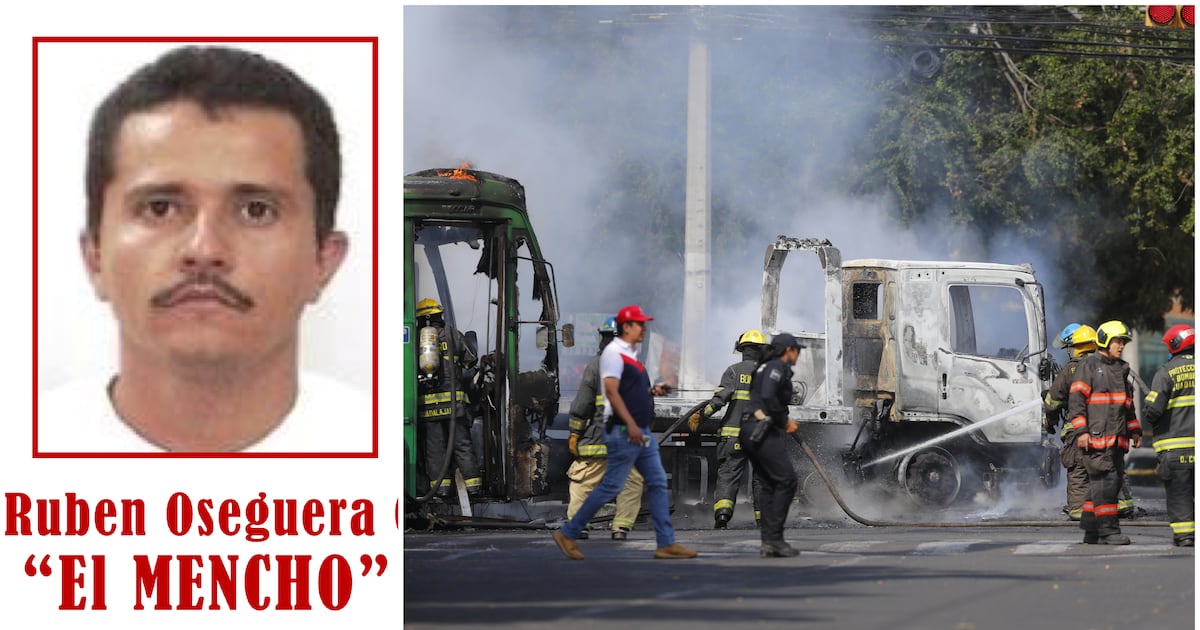Hundreds of internal Chinese government documents obtained by The New York Times reveals striking new details about the execution of the country’s mass detention of ethnic minorities over the past three years in the Xinjiang region.
The rare leak of documents, described in the newspaper’s bombshell report as “one of the most significant leaks of government papers from inside China’s ruling Communist Party in decades,” details how Chinese authorities have contained as many as one million Uighurs, Kazakhs and other predominately Muslim minorities into internment camps and prisons.
The camps, which began in 2016, were described as China’s answer to fighting Islamic extremism.
While the party has pushed back on international criticism of the camps by describing them as “job-training centers,” the documents show the coercive nature of the camps that top government officials knew tore families apart, fueled ethnic tensions and hurt economic growth.
“Children saw their parents taken away, students wondered who would pay their tuition and crops could not be planted or harvested for lack of manpower,” the report states. “Yet officials were directed to tell people who complained to be grateful for the Communist Party’s help and stay quiet.”
According to the documents, President Xi Jinping first laid the groundwork for the camps in a series of April 2014 speeches to party officials and during a trip to Xinjiang. The trip came just weeks after Uighur militants reportedly killed 31 people, and stabbed more than 150, at a train station in Kunming.
“The methods that our comrades have at hand are too primitive,” Xi said during one talk in Urumqi, according to the report. “None of these weapons is any answer for their big machete blades, ax heads and cold steel weapons.”
He added: “We must be as harsh as them and show absolutely no mercy.”
While Xi called for an all-out “struggle against terrorism, infiltration and separatism” using the “organs of dictatorship” after the train attack, the documents do not indicate he directly ordered the detention centers. But his harsh rhetoric combined with terrorist attacks abroad fueled the toxic beliefs that minority communities could be eradicated, The New York Times notes.
In one example, the 2017 London Bridge attacks spurred party officials to condemn Britain's policy of by putting “human rights above security,” and prompted Xi to urge leaders in Xinjiang to respond to extremism like America’s “war on terror” campaign.
“In recent years, Xinjiang has grown very quickly and the standard of living has consistently risen, but even so ethnic separatism and terrorist violence have still been on the rise,” Xi said in a speech to party officials, according to The New York Times. “This goes to show that economic development does not automatically bring lasting order and security.”
The rise of the camps, the newspaper reported, didn’t until until August 2016, when Chen Quanguo was promoted from the party secretary of the Tibet Autonomous Region to governor of Xinjiang. The new leader was eager to “remobilize” Xi’s goals for increasing security and rapidly expanded the region’s internment camps.
Chen also distributed Xi’s speeches to justify his aggressive approach, and even told officials to “round up everyone who should be rounded up.”
“The struggle against terror and to safeguard stability is a protracted war, and also a war of offense,” Chen said in an October 2017 speech to the regional leadership, according to the leaked papers.
Soon after, authorities started to arrest anyone who displayed “symptoms” of radicalism or anti-party views, without any judicial rationale or explanation, the Times reported.
Party leaders even displayed dozens of signs to highlight such behaviors to other Chinese citizens, some including common Uighurs practices like wearing long beards, giving up smoking or drinking, studying Arabic or praying outside mosques.
To justify the discriminatory practices, authorities cited ongoing terrorism attacks abroad and the possibility of such attacks in China. Whenever local officials expressed doubts about the camps they believed would hurt economic growth, the documents reveal Chen would have them fired or jailed.
In one instance, one county leader ordered the release of 7,000 camp inmates, writing in a 15-page confession he believe the crackdown harmed ethnic relations. After the release, Chen had the leader detained, stripped of power, and prosecuted.
According to the Times, the documents indicated that about 900,000 people have been put into these camps, a number previously unknown due to the campaign’s secrecy.

